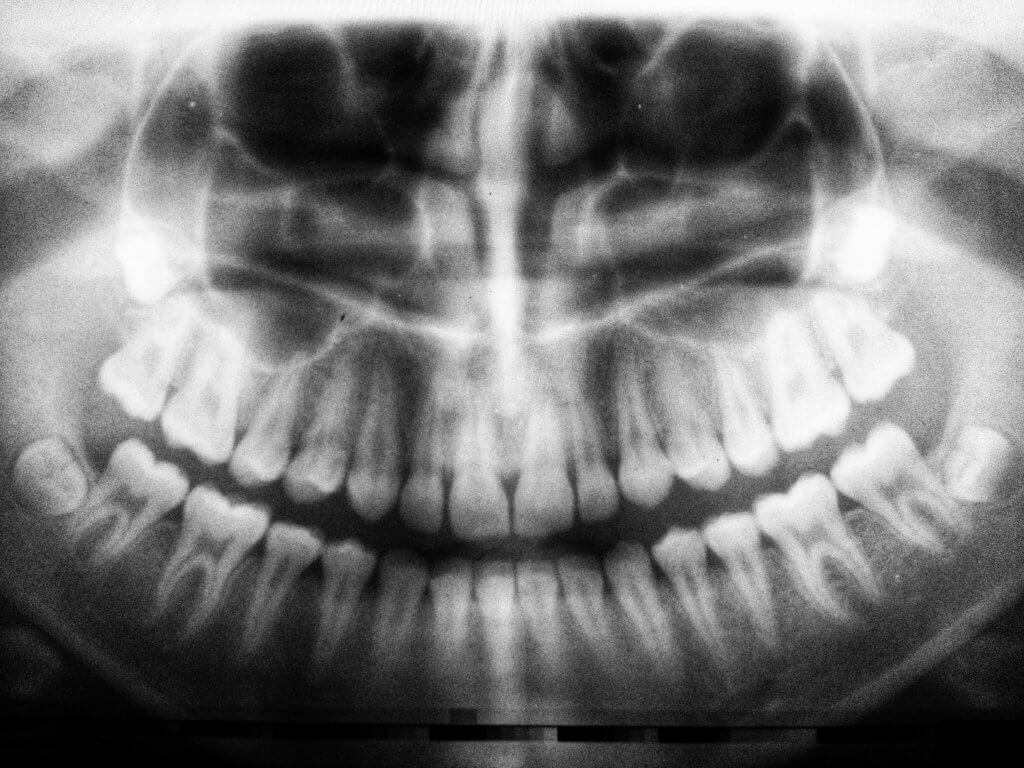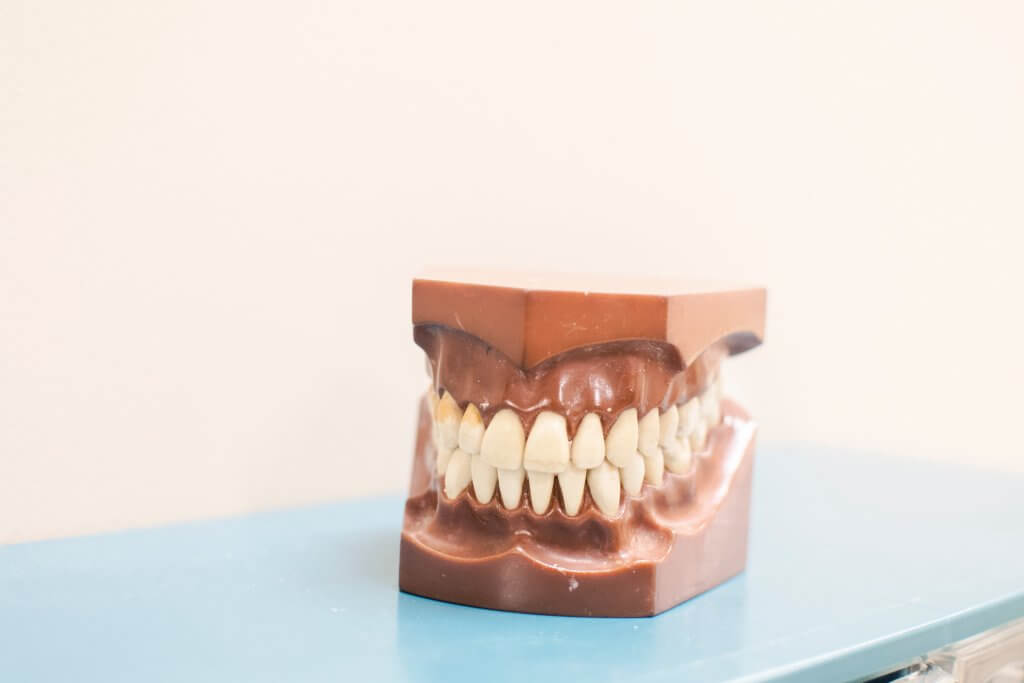Here at Eagle Dental Care, we’ve been kicking around the idea of starting a recurring tidbit on our blog. We’re calling it “Eagle Dental Care Answers”, and it’s a piece where we answer simple questions surrounding the field of dentistry. Sometimes it’ll be humorous, other times it will be informative, but it will always be interesting.
To kick things off, we’re tackling wisdom teeth. It’s something that comes up in conversation fairly frequently. But, have you ever asked yourself, why are they called wisdom teeth?

Well not to worry, we’re here to answer your question. But first, let’s provide a little more depth and context.
A wisdom tooth is one of the three molars in each quadrant of the human mouth. Basically, it is the last of the three toward the back of your mouth. People generally get their wisdom teeth sometime in their late teenage years to their early twenties. Most adults have four wisdom teeth, one in each of the four quadrants. However, it’s possible to have none, fewer, or even more, which are referred to as supernumerary teeth. It is common for wisdom teeth to affect other teeth as they come in, which often leads to them being extracted before any problems occur.

Now that you know what a wisdom tooth is, here is the answer to your burning question:
Although officially known as third molars, they are commonly called wisdom teeth because they appear so late. Much later than other teeth. They come in at an age where people are presumably “wiser” than they were as a child. The appearance of wisdom teeth has been known to cause dental issues for hundreds of years; it was noted at least as far back as Aristotle:
“The last teeth to come in man are molars called ‘wisdom-teeth’, which come at the age of twenty years, in the case of both sexes. Cases have been known in women upwards of eighty years old where at the very close of life the wisdom-teeth have come up, causing great pain in their coming; and cases have been known of the like phenomenon in men too. This happens, when it does happen, in the case of people where the wisdom-teeth have not come up in early years.” -Aristotle, The History of Animals
And now you know why they are called wisdom teeth. This has been Eagle Dental Care Answers!